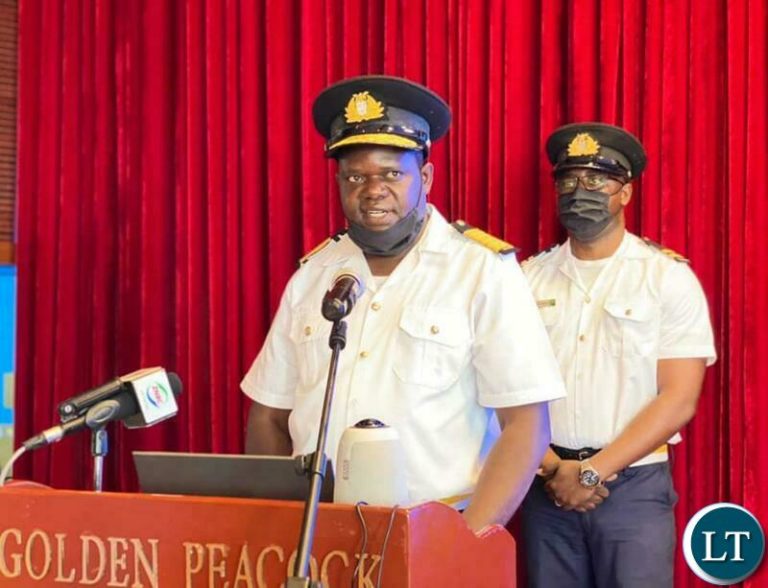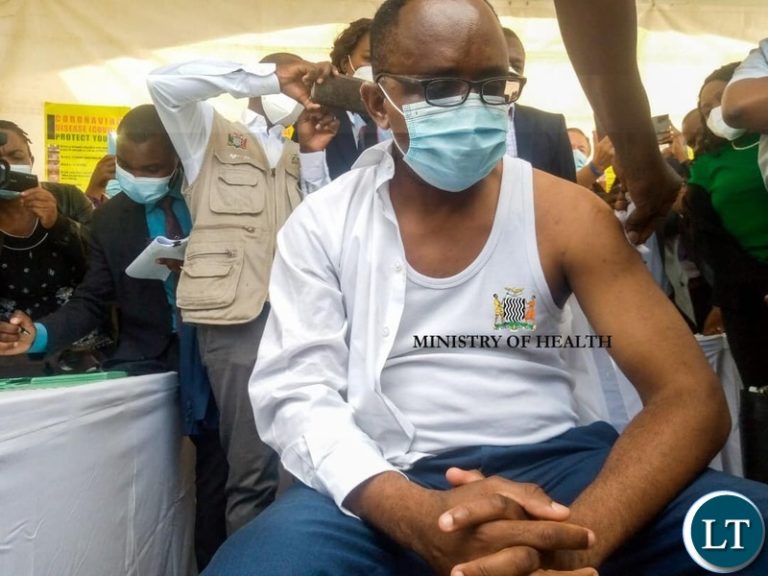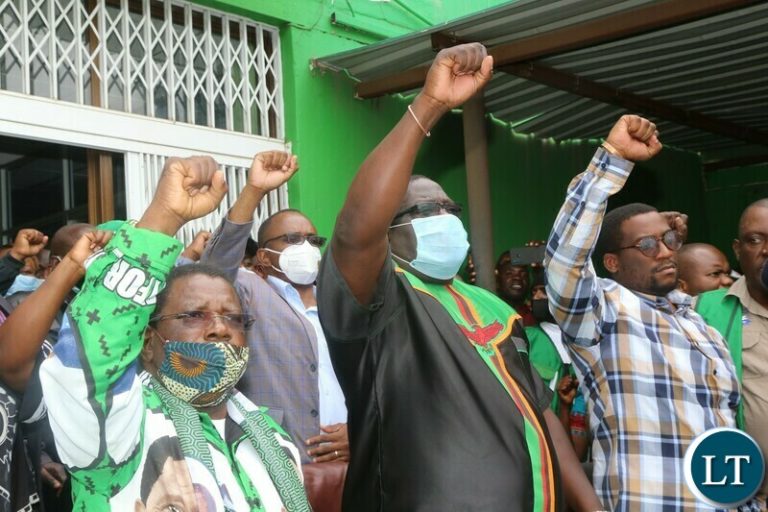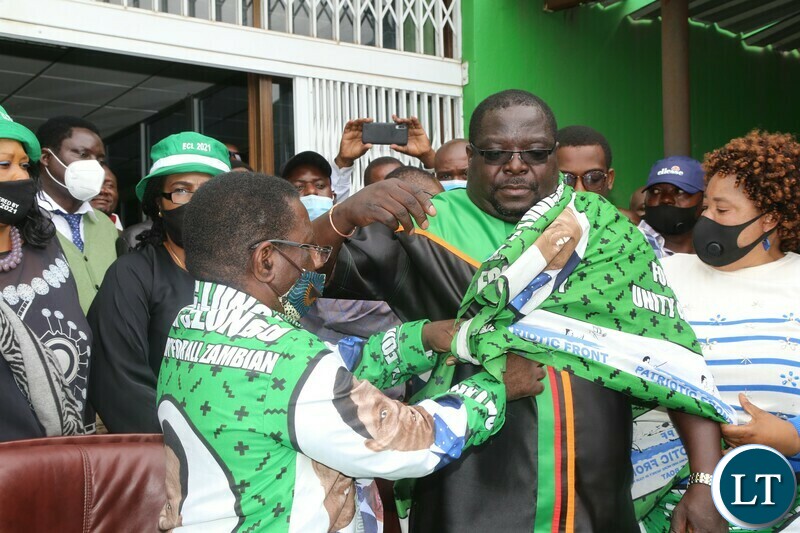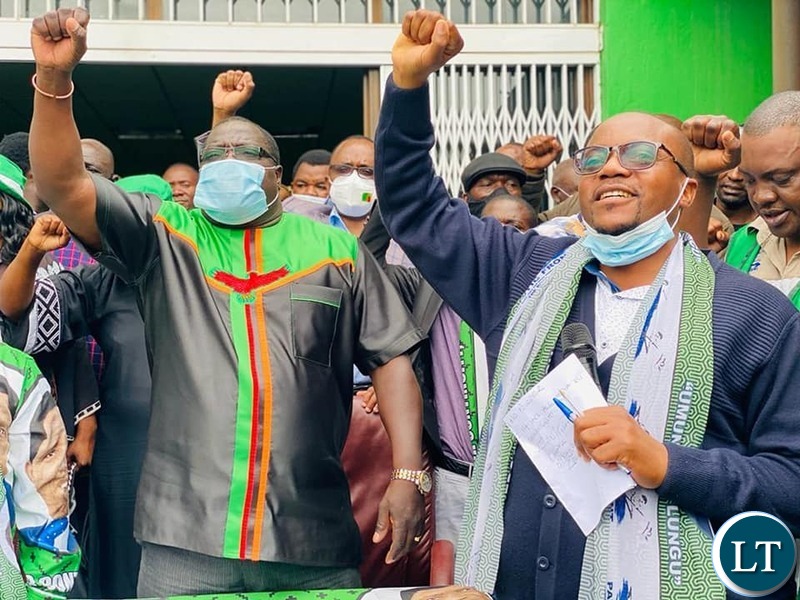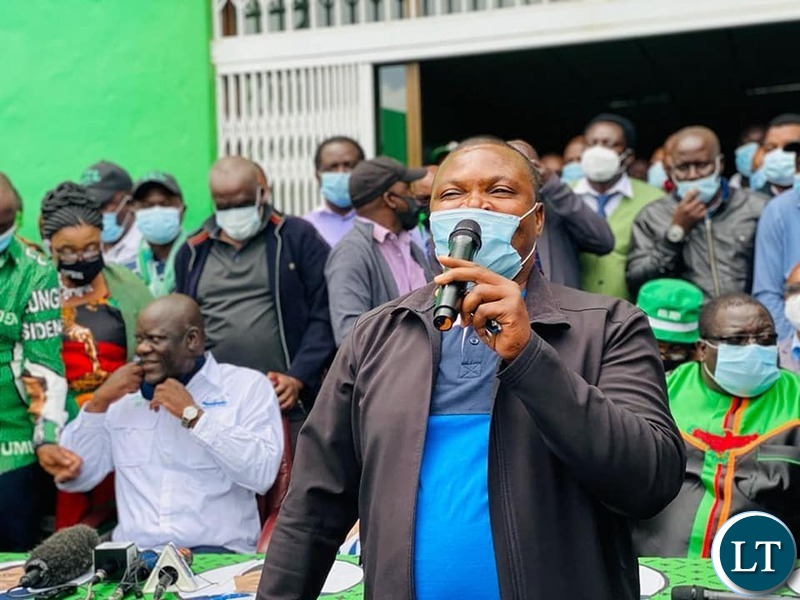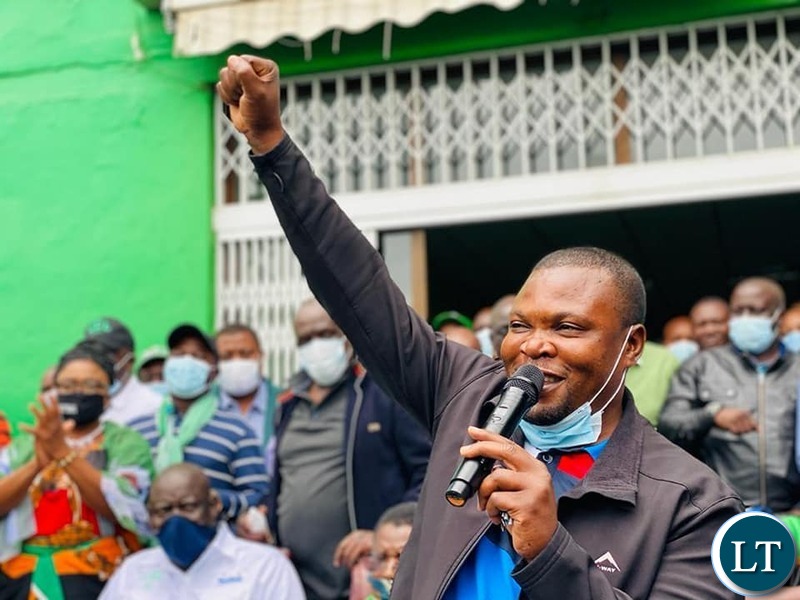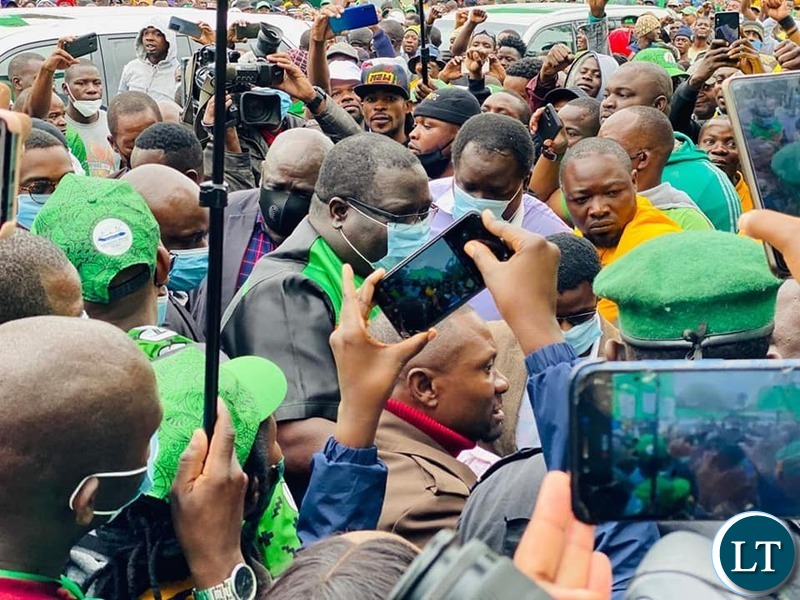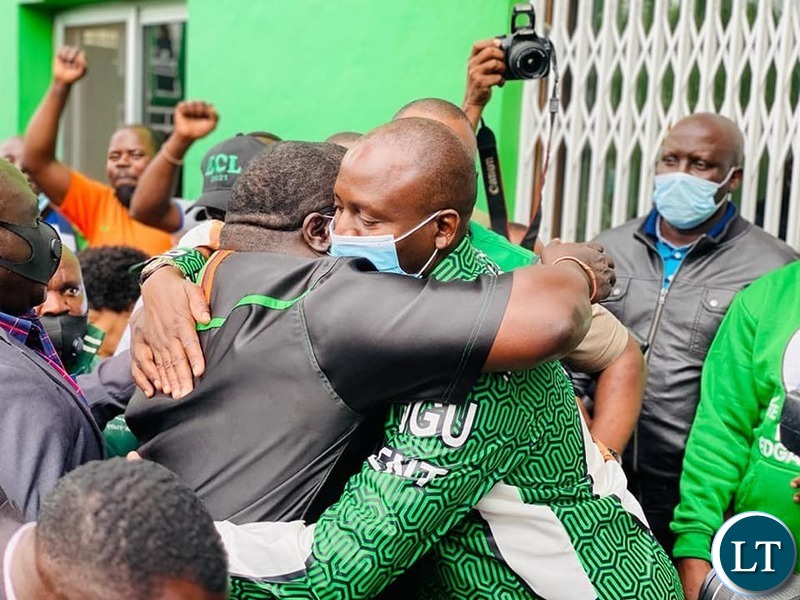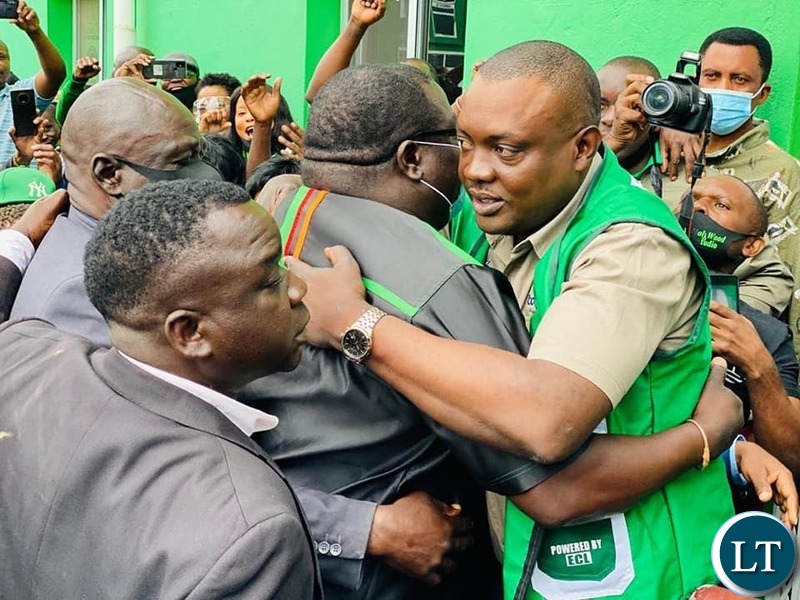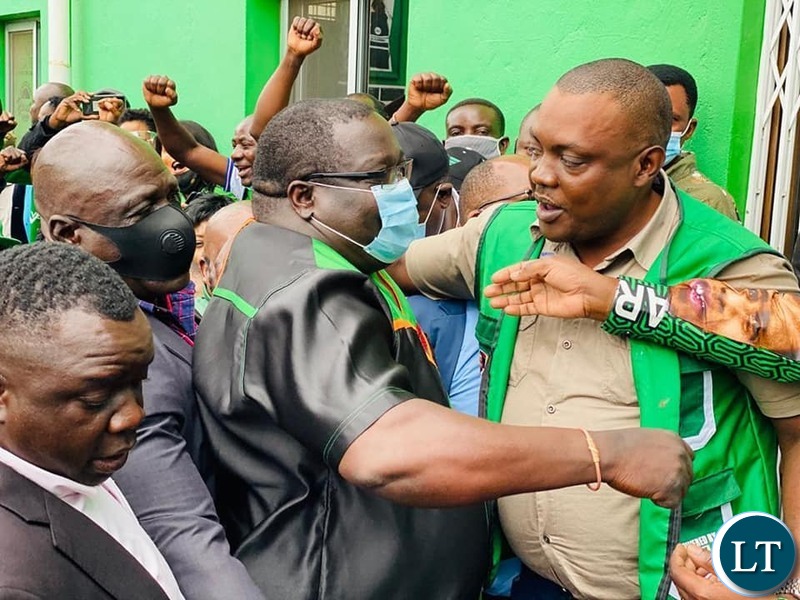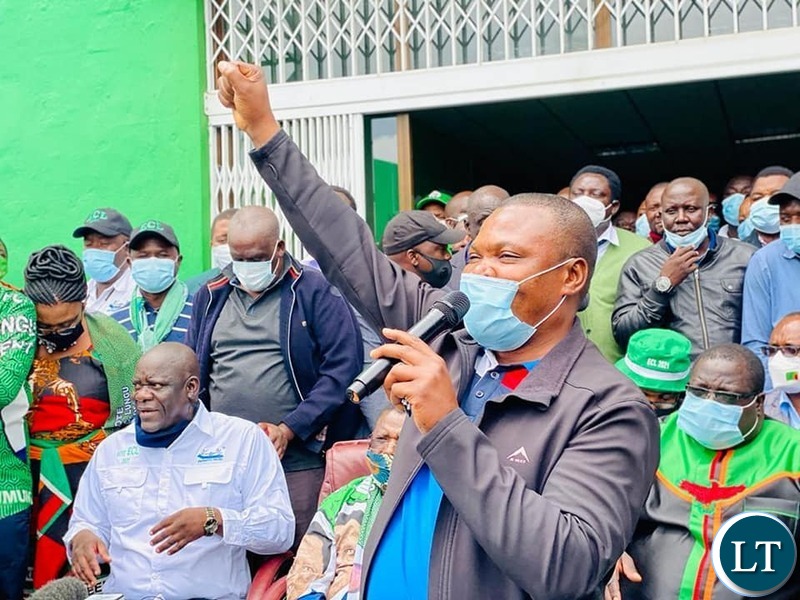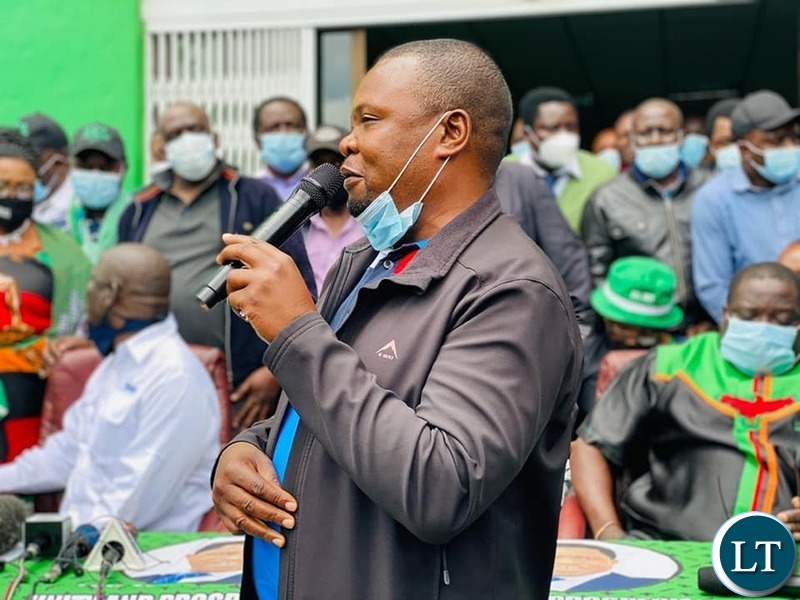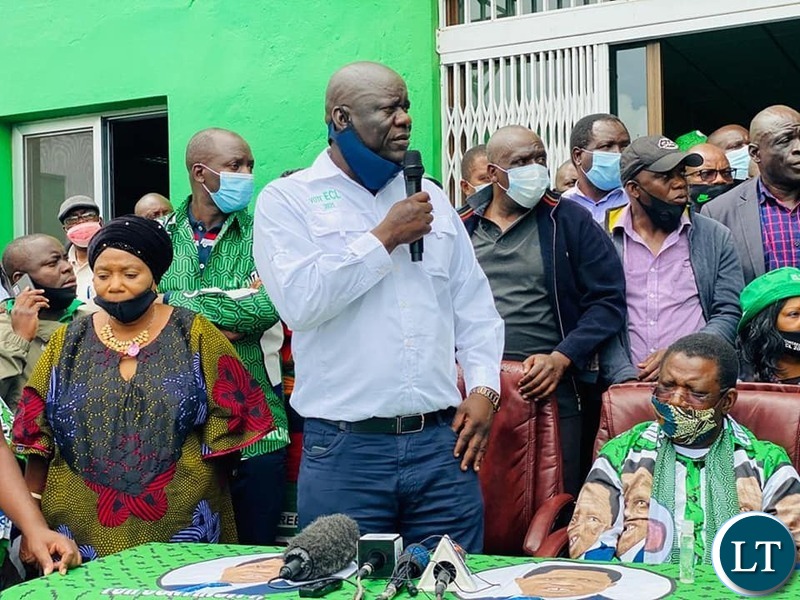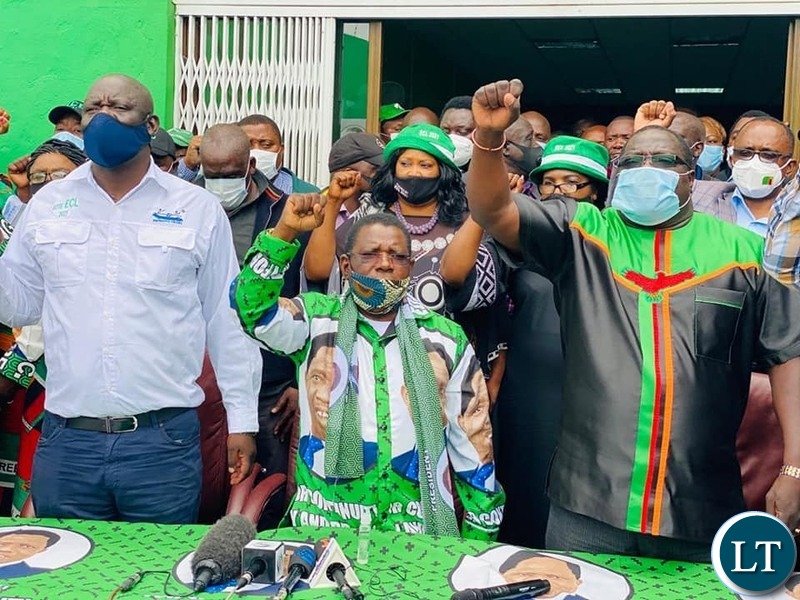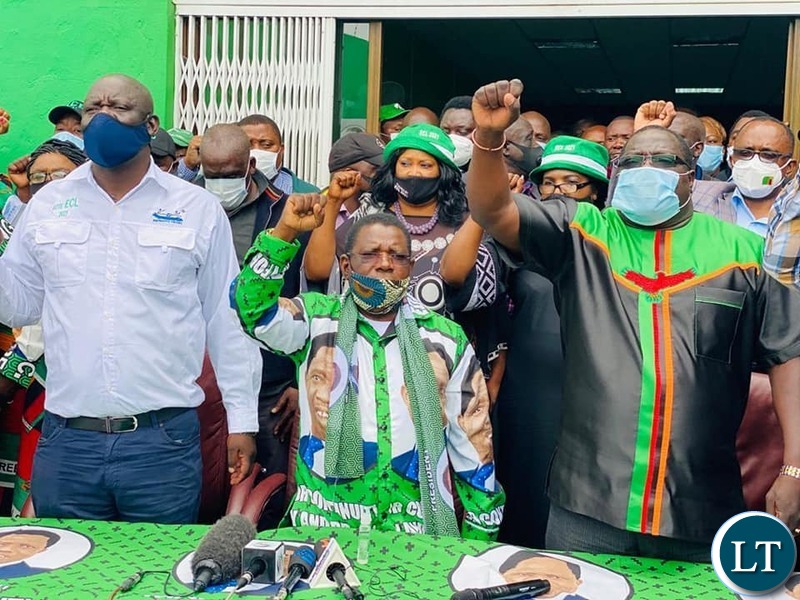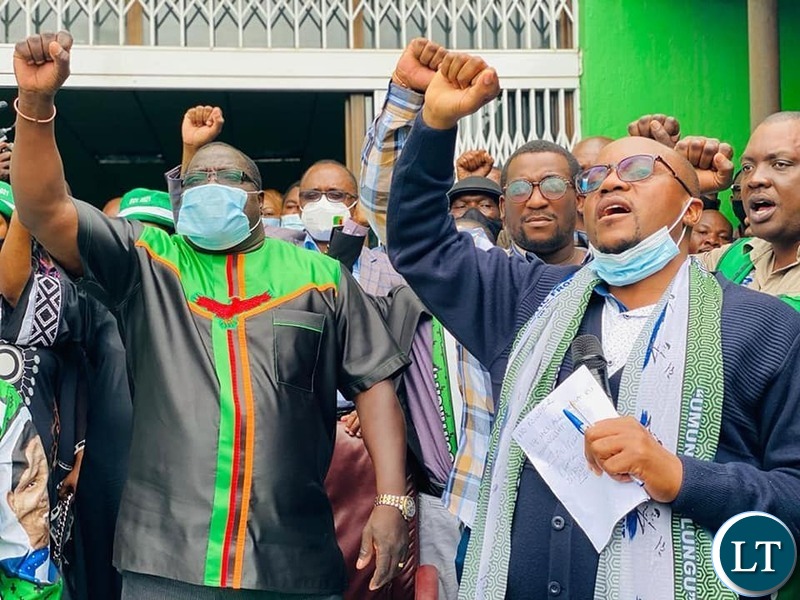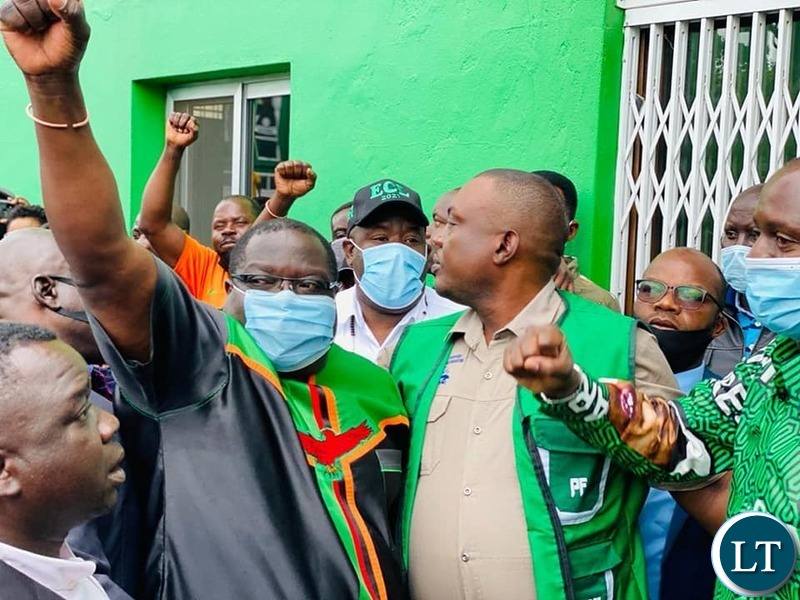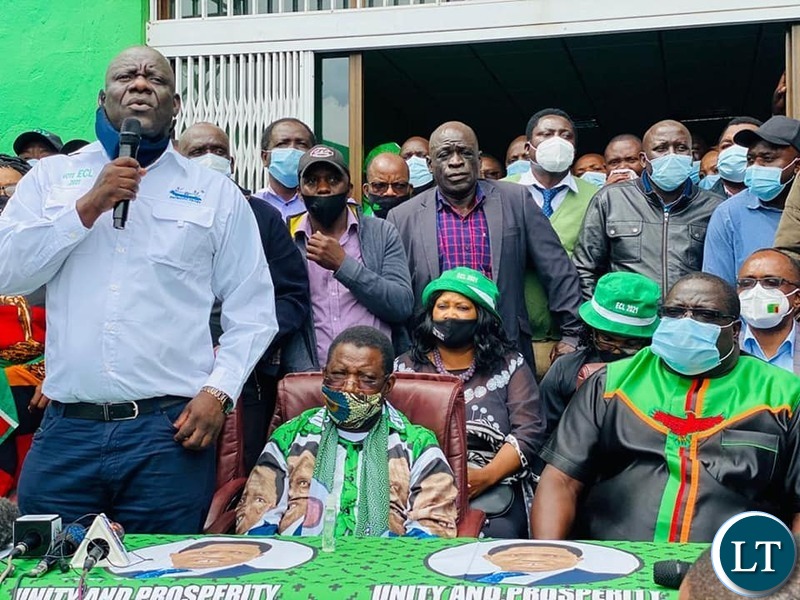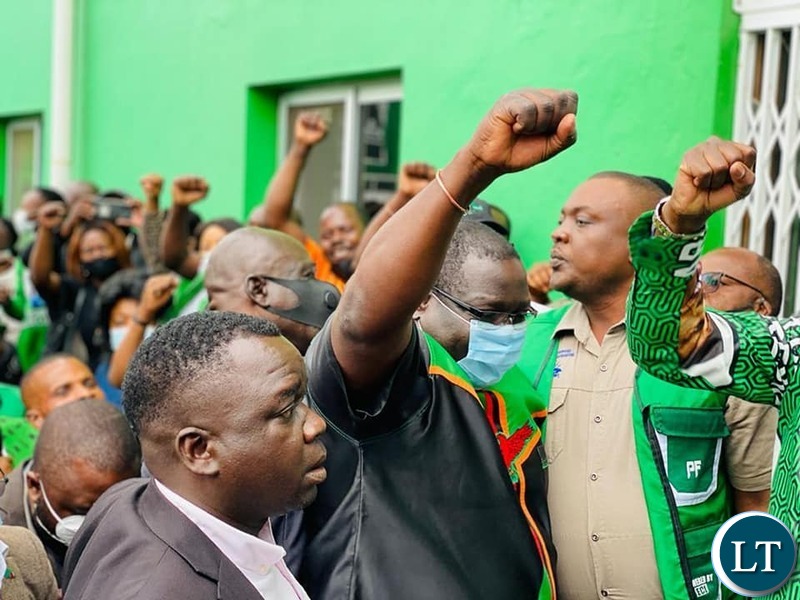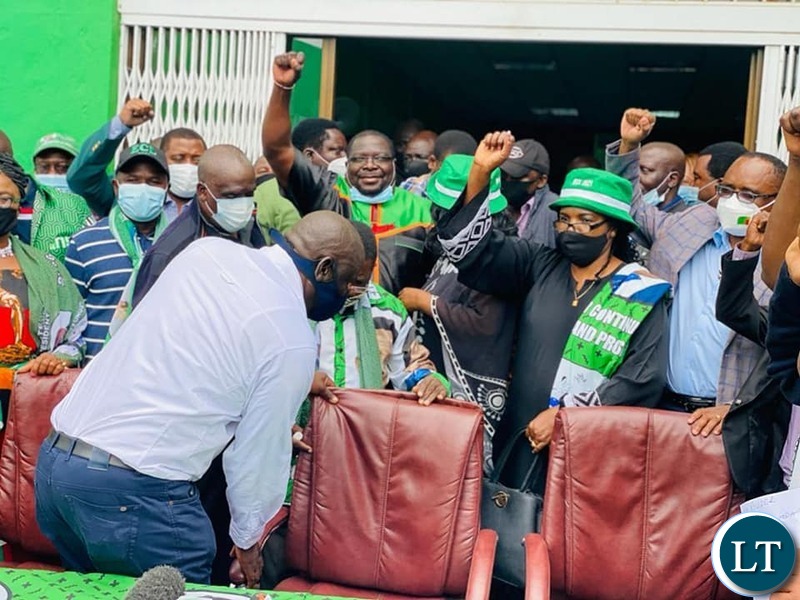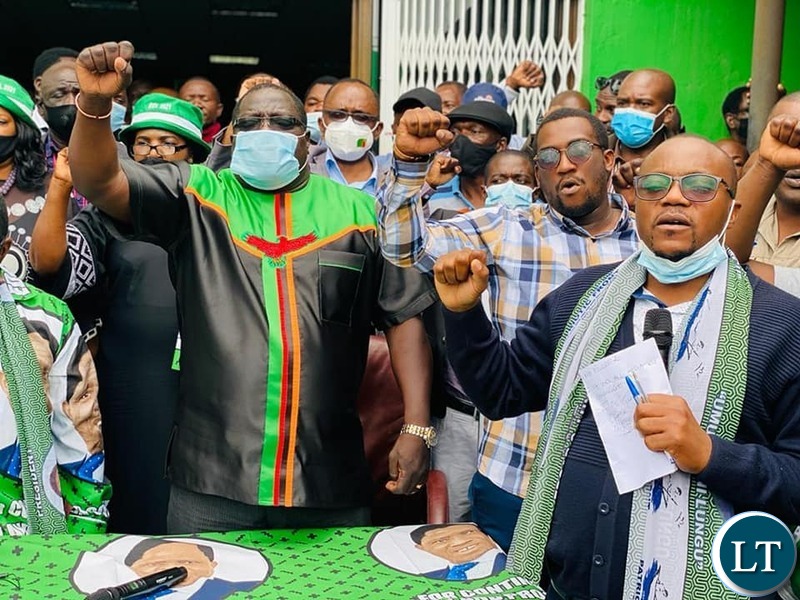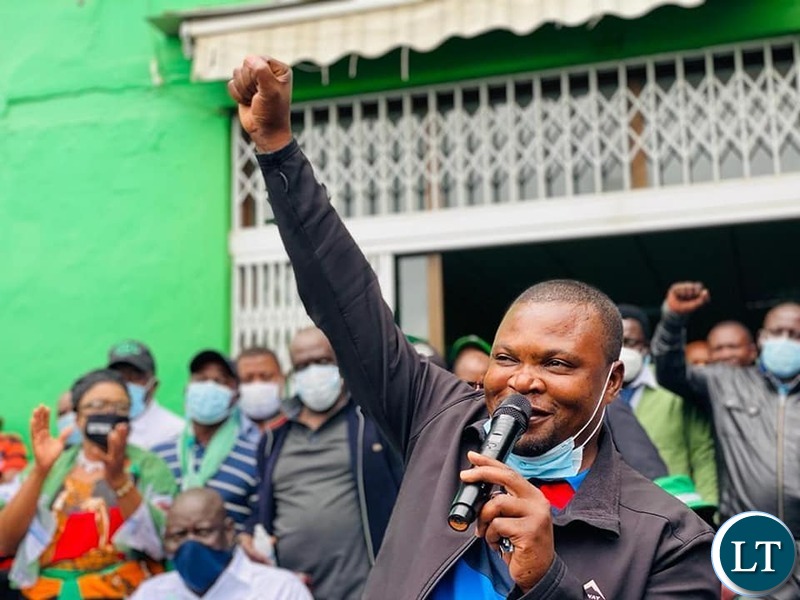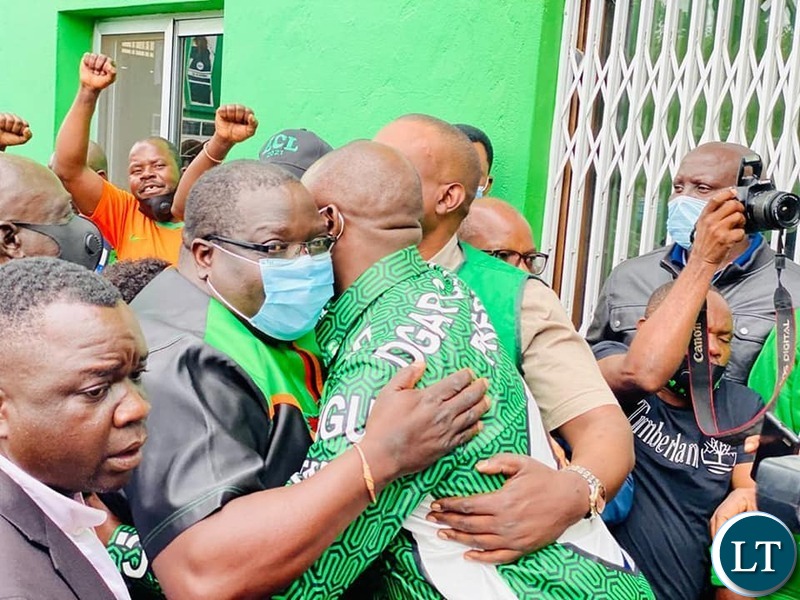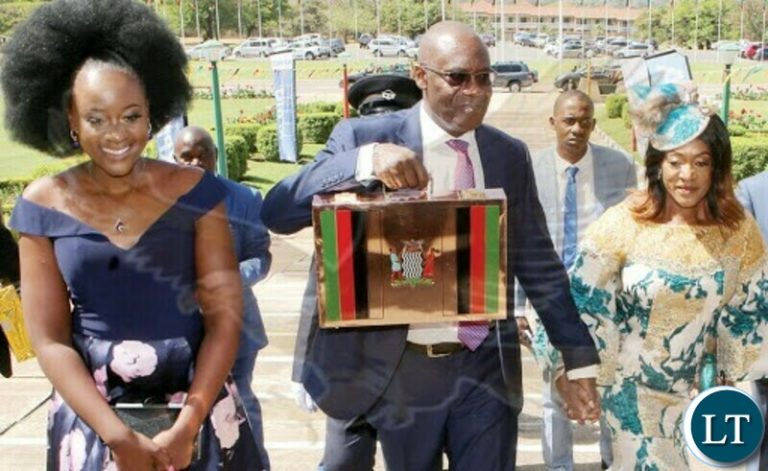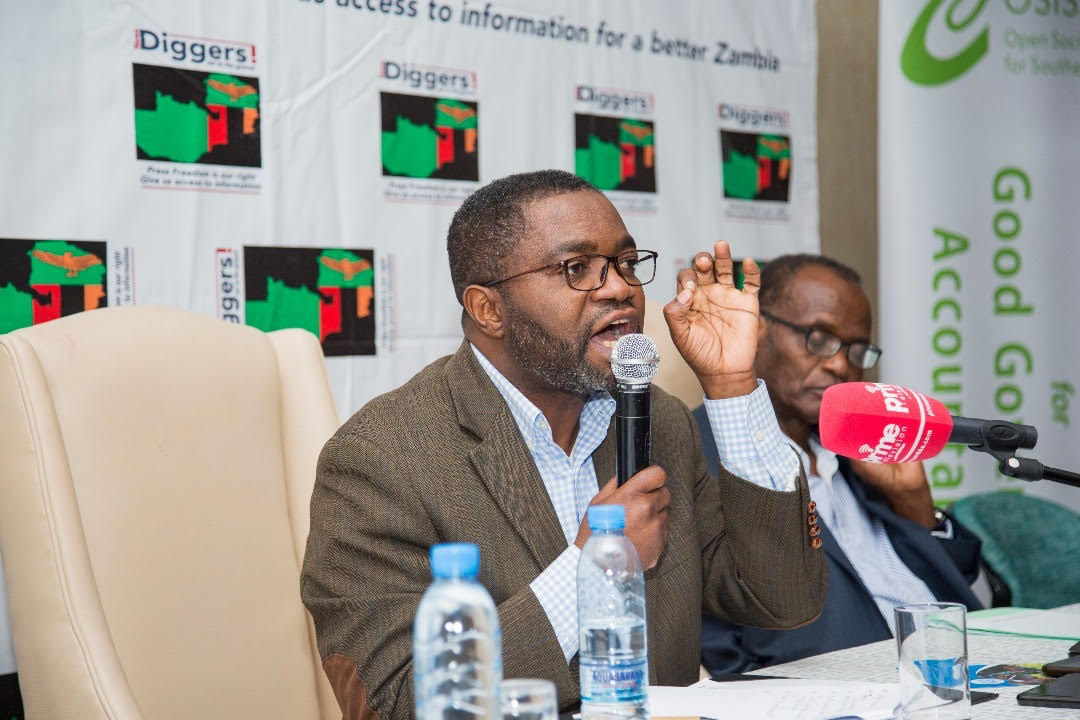Immigration Department Director-General Denny Lungu says the country has recorded a decrease in the number of cases involving illegal immigrants and human trafficking through the Copperbelt and Muchinga provinces.
And Mr Lungu has bemoaned inadequate office accommodation and housing for immigration staff on the Copperbelt province, with Sakanya boarder in Ndola district worst hit.
“We have recorded a reduction in the number of illegal immigrants and human trafficking cases through the Copperbelt province, and Muchinga province through the Nakonde boarder which has become notorious in the past” he disclosed.
He attributed the reduction in the number of cases to the extensive patrols that the department had engaged in since government equipped the department with motor vehicles for all offices countrywide.
“ Let me emphasize that we have arrested the situation, the department is able to conduct extensive patrols, arrest, detain and prosecute as well as deport the culprits using the motor vehicles that government has given to all 98 stations in the country” he explained.
He added that despite the reduction in the number of human traffic cases from, Copperbelt and Muchinga provinces, it was however worrying that human trafficking cases were slowly building up through the eastern corridor.
“we are working hard to arrest the situation of human trafficking that is prevailing through the eastern corridor, through Mwami boarder in Chipata, coming into Lusaka,” Mr Lungu observed.
He however said the department was understaffed and hoped that government will next year give the department the authority to expand the structure.
“Over the years, migration issues have increased in terms of numbers, these are general issues including both illegal and legal and professional immigrants seeks work permits, with that the we need to increase staff numbers to effectively address the issues” he said.
And Mr Lungu has bemoaned inadequate office accommodation and housing for immigration staff on the Copperbelt province, with Sakanya boarder in Ndola district worst hit.
The immigration department Director General disclosed that the government was however addressing the accommodation challenge and has built houses for officers in Kasumabalesa in Chilibombwe and Mokambo in Mufulilra districts respectively, but that the housing was inadequate.
“Government has shown commitment to addressing this challenge of accommodation for immigration officers and has built 20 houses in Kasumablesa and another 10 houses in Mokambo, but there is still a deficit, basically the major challenge has remained the issues of housing and in other cases office accommodation” he explained.
And District Commissioner Patrick Maipambe said the district had no immigration issues and that the department in the district was working effectively.
Mr. Maipambe commended the Immigration Director General for taking time to interact with officers, which he said would also boos the working morale among immigration staff.
Mr. Lungu is on the Copperbelt province to interact with officers and appreciate operational challenges among others that the department was facing.
He was accompanied by the Copperbelt province regional commander Stewart Chiyaika among other immigration staff.


